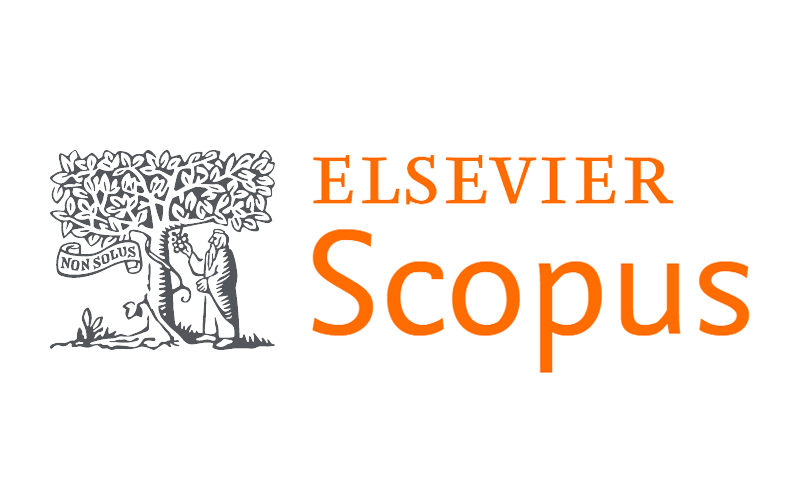Community-led monitoring and the role of Ritshidze in improving the quality of primary healthcare in South Africa
DOI:
https://doi.org/10.7196/SAMJ.2024.v114i6.2043Keywords:
Community-led monitoring, social accountabiity, primary health careAbstract
Community-led monitoring (CLM) of health services is a mechanism of community participation and accountability that is increasingly advocated across the globe. In South Africa (SA), a large-scale community-led monitoring initiative called Ritshidze (‘saving our lives’) was established in 2019. Steered by a coalition of civil society organisations representing people living with HIV, Ritshidze monitors just over 400 primary healthcare (PHC) facilities in 8 provinces on a quarterly basis. In this piece we describe the purposes and design features and the five-step approach to CLM of the Ritshidze model. We also highlight some of the positive changes achieved, and reflect on possible reasons for successes. In doing so, we aim to draw attention to this significant national initiative and its potential as a mechanism of social accountability in SA.
References
Lodenstein E, Dieleman M, Gerretsen B, Broerse JEW. Health provider responsiveness to social accountability initiatives in low- and middle-income countries: A realist review. Health Pol Planning 2017;32(1):125-140. https://doi.org/10.1093/heapol/czw089
Abimbola S, Drabarek D, Molemodile SK. Self-reliance or social accountability? The raison d’être of community health committees in Nigeria. Int J Health Planning Manage 2022;37(3):1722-1735. https://doi.org/10.1002/hpm.3438
Haldane V, Chuah FLH, Srivastava A, et al. Community participation in health services development, implementation, and evaluation: A systematic review of empowerment, health, community, and process outcomes. PLoS ONE 2019;14(5):1-25. https://doi.org/10.1371/journal.pone.0216112
Brunton G, Thomas J, O’Mara-Eves A, Jamal F, Oliver S, Kavanagh J. Narratives of community engagement: A systematic review-derived conceptual framework for public health interventions. BMC Public Health 2017;17(944):1-15. https://doi.org/10.1186/s12889-017-4958-4
McCoy DC, Hall JA, Ridge M. A systematic review of the literature for evidence on health facility committees in low- and middle-income countries. Health Pol Planning 2012;27(6):449-466. https:// doi.org/10.1093/heapol/czr077
Haricharan HJ, Stuttaford M, London L. The role of community participation in primary health care: Practices of South African health committees. Prim Health Care Res Dev 2021;22(31):1-10. https://doi. org/10.1017/s146342362100027x
Dasgupta A, Beard VA. Community driven development, collective action and elite capture in Indonesia. Develop Change 2007;38(2):229-249. https://doi.org/10.1111/j.1467-7660.2007.00410.x
Bisnauth MA, Davies N, Monareng S. et al. Why do patients interrupt and return to antiretroviral therapy? Retention in HIV care from the patient’s perspective in Johannesburg, South Africa. PLoS ONE 2021;16(9):0256540. https://doi.org/10.1371/journal.pone.0256540
Baptiste S, Manouan A, Garcia P, Etya’ale H, Swan T, Jallow W. Community-led monitoring: When community data drives implementation strategies. Curr HIV/AIDS Rep 2020:17:415-421. https://doi. org/10.1007/s11904-020-00521-2
Joint United Nations Programme on HIV and AIDS. Establishing community-led monitoring of HIV services – principles and process. Geneva: UNAIDS, 2021. https://www.unaids.org/sites/default/files/ media_asset/establishing-community-led-monitoring-hiv-services_en.pdf (accessed 10 January 2024).
Ritshidze. Ritshidze Annual Report 2021 and 2022 edition. https://ritshidze.org.za/wp-content/ uploads/2023/06/Ritshidze-Annual-Report-2021-and-2022.pdf (accessed 10 January 2024).
Bauhoff S, Rabinovich L, Mayer LA. Developing citizen report cards for primary health care in low and middle-income countries: Results from cognitive interviews in rural Tajikistan. PLoS ONE 2017;12(10):1-14. https://doi.org/10.1371/journal.pone.0186745
Feinglass E, Gomes N, Maru V. Transforming policy into justice: The role of health advocates in Mozambique. Health Hum Rights J 2016. https://www.hhrjournal.org/2016/09/transforming-policy- into-justice-the-role-of-health-advocates-in-mozambique/ (accessed 12 January 2024).
People’s COP19 South Africa. Community Priorities. People’s COP19, 2020. https://ritshidze.org.za/ wp-content/uploads/2020/11/Peoples-COP19-South-Africa.pdf (accessed 4 January 2024).
Frost SDW, Martinez-Picado J, Ruiz L, Clotet B, Leigh Brown AJ. Viral dynamics during structured treatment interruptions of chronic human immunodeficiency virus type 1 infection. J Virol 2002;76(3):968-979. https://doi.org/10.1128/jvi.76.3.968-979.2002
Downloads
Published
Issue
Section
License
Copyright (c) 2024 K Govender, N Rambau, P Barron, B Setshogelo, K Vallabhjee, M Nyathi, H Schneider, S Xaba, N Mpofu, A Yawa

This work is licensed under a Creative Commons Attribution-NonCommercial 4.0 International License.
Licensing Information
The SAMJ is published under an Attribution-Non Commercial International Creative Commons Attribution (CC-BY-NC 4.0) License. Under this license, authors agree to make articles available to users, without permission or fees, for any lawful, non-commercial purpose. Users may read, copy, or re-use published content as long as the author and original place of publication are properly cited.
Exceptions to this license model is allowed for UKRI and research funded by organisations requiring that research be published open-access without embargo, under a CC-BY licence. As per the journals archiving policy, authors are permitted to self-archive the author-accepted manuscript (AAM) in a repository.
Publishing Rights
Authors grant the Publisher the exclusive right to publish, display, reproduce and/or distribute the Work in print and electronic format and in any medium known or hereafter developed, including for commercial use. The Author also agrees that the Publisher may retain in print or electronic format more than one copy of the Work for the purpose of preservation, security and back-up.





